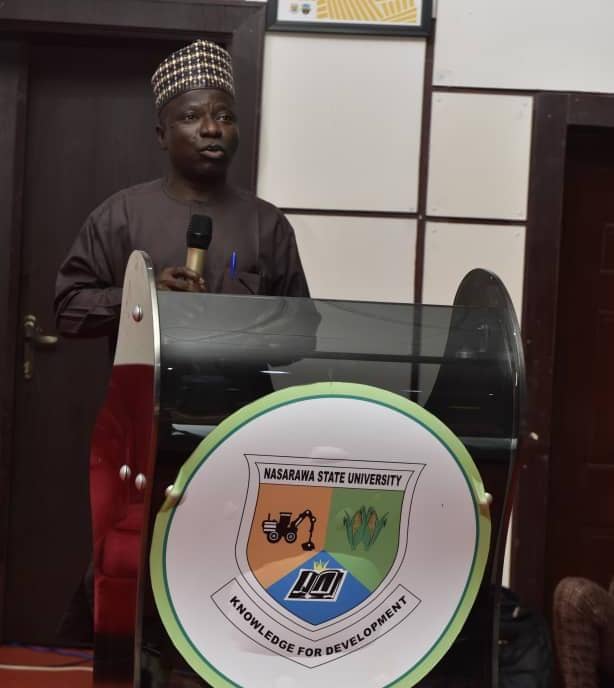As a member of the House of Representatives, I have decided to make this intervention to express my strong reservations regarding the proposed establishment of the Nigerian Coast Guard Bill before the Nigerian Senate.
The Nigerian Coast Guard Bill, sponsored by Senator Wasiu Eshilokun, has sparked intense debate among stakeholders, with proponents arguing it will enhance maritime security and critics warning of unnecessary duplication and financial burdens.
In my humble view, I firmly believe that the bill should be rejected. The creation of a Coast Guard with responsibilities identical to the Nigerian Navy would only duplicate efforts, causing operational jurisdiction conflicts and divided command structures.
This duplication could undermine Nigeria’s maritime security effectiveness, which is a concern that lawmakers like Senator Victor Umeh and Senator Ireti Kingibe have also emphasized.
The proposed establishment of the Nigerian Coast Guard has sparked intense debate among stakeholders, with proponents arguing it will enhance maritime security and critics warning of unnecessary duplication and financial burdens. Being privileged to be a member of the House of Representatives, I firmly believe the bill should be rejected.
The Nigerian Coast Guard Bill seeks to create a specialized agency complementing the Nigerian Navy in maritime operations, particularly in times of war.
“However, this proposal raises concerns about redundancy, economic implications, operational risks, and potential conflicts with international maritime law.
Firstly, the creation of a Coast Guard with responsibilities identical to the Nigerian Navy’s would duplicate efforts, causing operational jurisdiction conflicts and divided command structures.
This duplication could undermine Nigeria’s maritime security effectiveness. Lawmakers like Senator Victor Umeh and Senator Ireti Kingibe have emphasized the need to clearly define the roles of the Coast Guard to avoid overlap with other agencies.
Furthermore, establishing a new federal agency would require substantial investments in recruitment, training, equipment, infrastructure, and operational budgets. Given current economic constraints, diverting resources from existing institutions would be fiscally irresponsible and undercut funding for modernizing the Nigerian Navy.
The Minister of Marine and Blue Economy, Adegboyega Oyetola, has highlighted the importance of coastal security, but we must consider the economic implications.
Operational risks also arise from the potential transition of civilian personnel to military roles during wartime. Coast Guard personnel, primarily trained for law enforcement and peacetime operations, may lack combat readiness or specialized training required for warfare. This lack of military preparedness could undermine national security efforts.
Additionally, the Act empowers the Nigerian Coast Guard to enforce federal laws “on, under, and over the high seas.” This raises concerns about compliance with international maritime law, specifically the United Nations Convention on the Law of the Sea (UNCLOS).
Any enforcement actions undertaken by the Coast Guard beyond Nigeria’s recognized maritime jurisdiction could lead to diplomatic conflicts or accusations of overreach.
The lack of clear guidelines on arrest powers, search and seizure authority, and coordination with civilian judicial systems also raises concerns. Without proper oversight, this could result in human rights abuses and erosion of public trust.
Proponents argue that the establishment of the Coast Guard is critical for economic security, particularly in curbing illegal activities like unauthorized fishing, which costs Nigeria billions of Naira annually. However, we must consider alternative solutions that optimize existing agencies’ capabilities rather than creating redundant structures.
In conclusion, the bill proposing the establishment of the Nigerian Coast Guard should be totally and categorically defeated. This course of action will prevent resource misallocation, avert operational ambiguities, and preserve Nigeria’s commitment to streamlined maritime security.
Instead, we recommend empowering and expanding the capabilities of the Nigerian Navy and coordinating closely with existing maritime agencies.
*Agbese is the Deputy Spokesman, 10th House of Representatives
Please follow and like us:

 2 hours ago
3
2 hours ago
3













